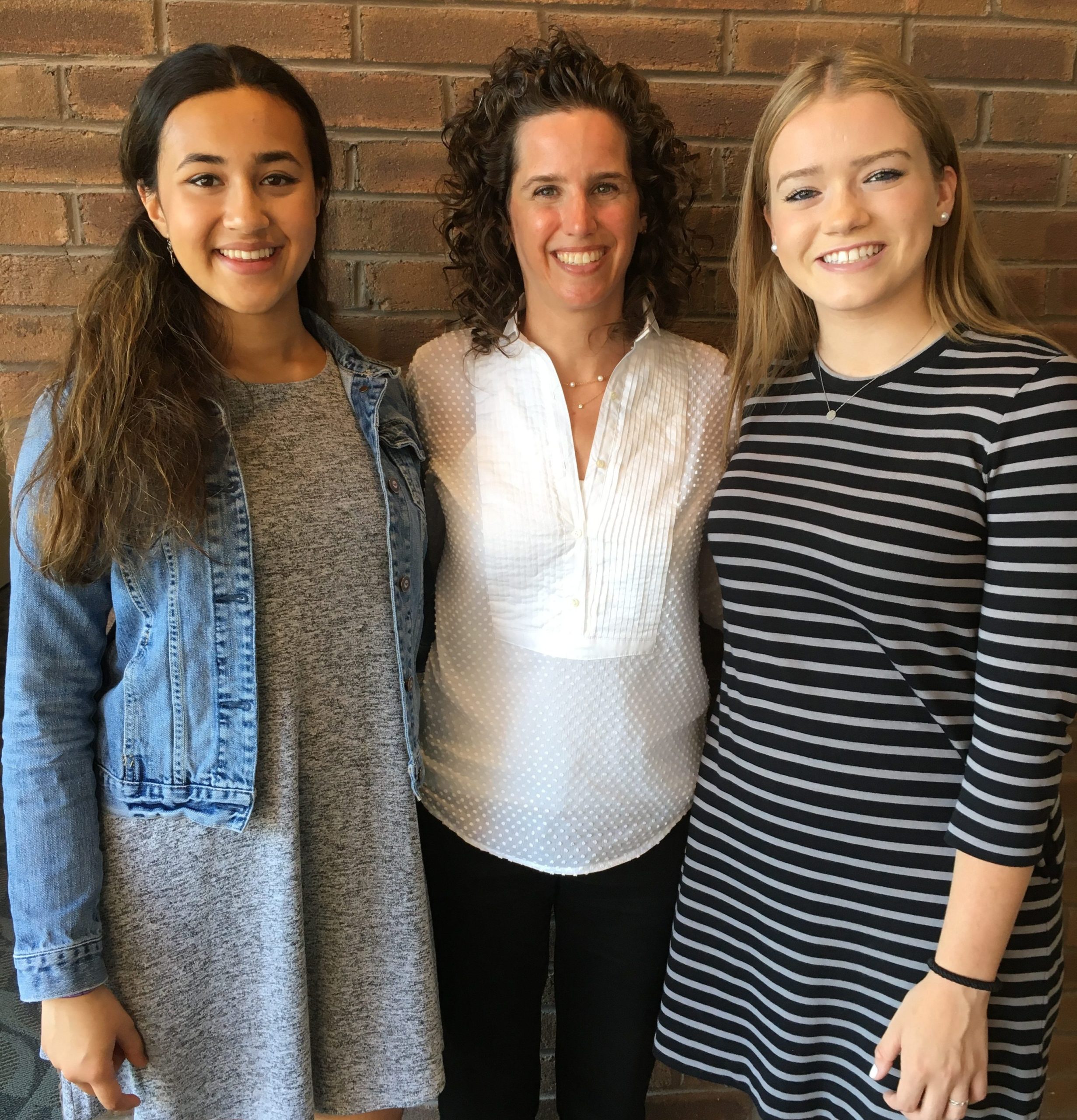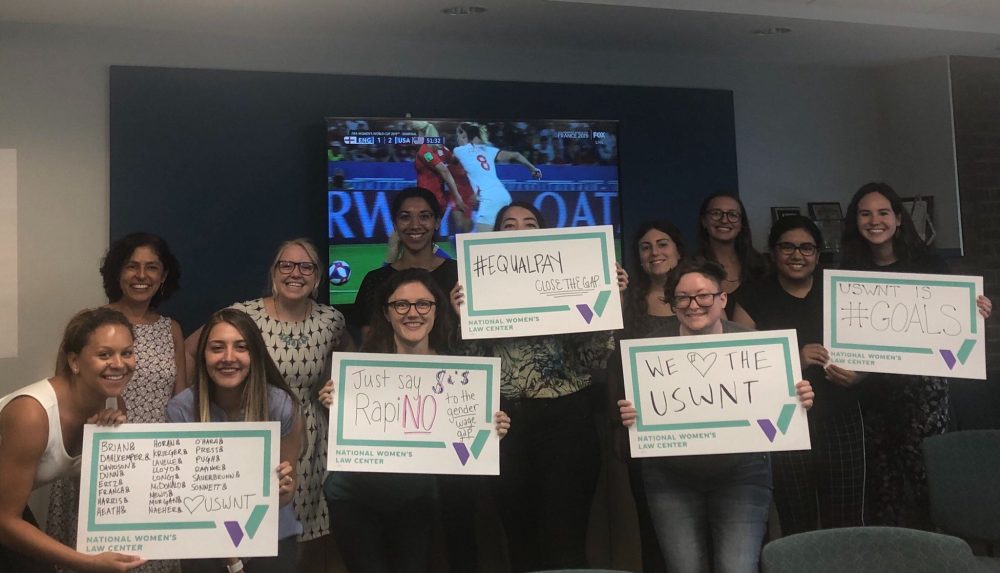Students Lead Effort to Address Ongoing Mental Health Crisis Impacting Latina Girls in New NWLC Report
(Washington, D.C.) Today, the National Women’s Law Center (NWLC) released “We Are Not Invisible,” a report coauthored by 13 middle and high school students that seeks to address the mental health crisis impacting Latina students across the country. NWLC coauthored the report with Philadelphia-based Latina students who identified ways schools and policymakers can support students in schools. Philadelphia’s rates of sadness, hopelessness, and suicidal thoughts and behavior for Latina girls stand out because they not only track or exceed the national average, they exceed the rates of both comparable and larger cities. According to the CDC:
- In 2017, half of all Latina girls were persistently sad or hopeless nationwide
- In 2017, over one in five (22.6%) of Latina girls considered suicide nationwide
According to NWLC calculations and survey results, more than one in four female public-school students across the country is Latina. Among Latina girls, more than half (55 percent) are worried about a friend or family member being deported, nearly one in four (24 percent) has been harassed because of her family’s name or country of origin, and more than one in five (22 percent) has been harassed or bullied since the 2016 election.
In this report, NWLC found that:
- In the 2015-16 school year, the Philadelphia City School District had 240 counselors (1.1 per school or 558 students per counselor, more than double the number of students per counselor recommended by the American School Counselor Association) and 0 social workers.
- In Philadelphia, Latinas with disabilities are more than twice as likely than white girls with disabilities to be suspended.
- Nearly one in four Latinas in Pennsylvania public schools was chronically absent in the 2015-16 school year.
- Despite their high rates of sadness and hopelessness, Latinas nationally are less likely than boys or girls overall to have an identified disability, including mental health disabilities.
“Schools should be places that change the culture of how we talk about mental health, starting with the youngest students,” said Noelia Rivera-Calderón, lead author and education expert from NWLC. “There’s a long history of the public at large not paying attention to the ‘invisible’ issue of mental health, especially among Latina girls. To combat it, we must eliminate the stigma, address the issue head-on, listen to girls, and show them they aren’t alone. If we don’t, it’s this simple: Latina women and girls are in danger of dying.”
“It’s long overdue that mental health is taken seriously, especially in our Latina communities,” said Yesenia Y. Rodriguez, co-author, student at Central High School, and Youth United for Change Representative. “I feel administration sees education and mental health support as a privilege rather than a right. In turn, even though we are often the ones that need the most help, we are the least likely to get it. I want this report to inspire schools to make concrete changes in the way we approach mental health.”
NWLC experts and student ‘We Are Not Invisible’ authors are available for interview.
For immediate release: April 16, 2019
Contact: Inés Rénique ([email protected])




